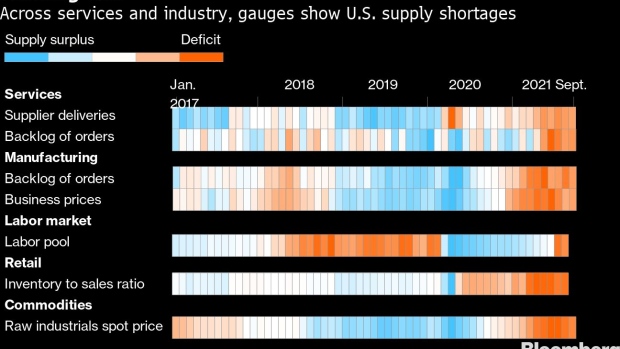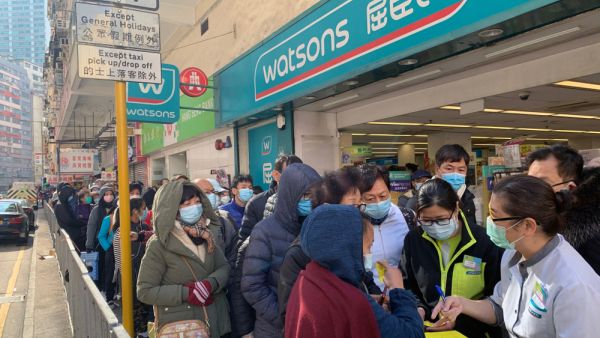China issued a warning urging people to stockpile food and daily essentials in preparations for possible Covid-19 shutdowns and energy shortages which forced factories to cut production enforce disrupt supplies.
It's worth mentioning that some vegetable prices had increased 50% or more in October due to coal shortage which pushed up the cost of heating and power making greenhouse farming more expensive as well as the extreme weather that hurts crops and the global supply crisis.
These warnings sent shock waves through the world as many people over-read and speculate about the recovery of the global economy. Asia's biggest economy has also asked people to rationalize and limit power usage.
The global supply chain was hit tremendously by Covid-19 and the shutdowns to curb the outbreak. Two years after the Pandemic, the supply chain crisis lingers with no ending in sight, threatening the global economy's recovery.
The shortages are putting more strain on the global economy affecting everything from fuel to food, cars, and supermarket goods, pushing prices even higher.

Source: Bloomberg
Bloomberg analysts predict that global supply chain chaos might be looming peak as in addition to the pandemic, labor shortages, infrastructure, the poor distribution of containers, soaring shipping costs, and US consumer demand and uncertainty all had their toll on disrupting the global trade.
Apple was one of the major tech giants that took a big hit by the global supply crisis as the iPhone maker might not be able to meet the production targets of iPhone 13 for 2021 and will now have to cut output by as many as 10 million units amid chip shortages, according to Bloomberg.
The iPhone maker was planning to manufacture 90 million iPhone 13s before the end of this year, but considering that suppliers Broadcom and Texas Instruments cannot meet chip demand, the tech giant will only produce 80 million.









